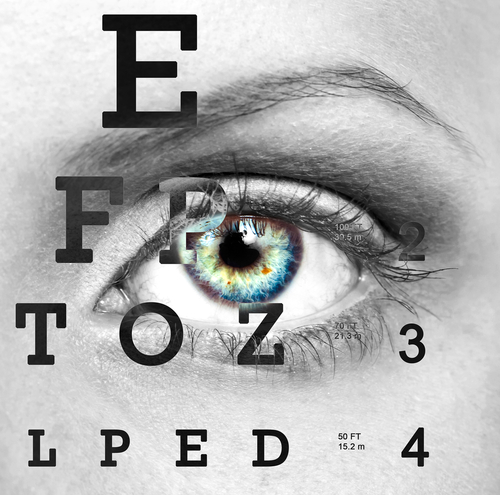
Hyperopia, or “farsightedness” as it is more commonly known, is a vision condition where objects up close appear blurry. If you have severe farsightedness it will be very difficult to see objects clearly within a few feet in front of you, whereas if you have a mild case tasks such as reading and looking at a computer screen will just be difficult.
Farsightedness tends to run in the family, but people are usually born with symptoms of farsightedness. Some of the symptoms of farsightedness you should be on the lookout for are as follows:
- Objects up close appear blurry
- You squint more often in order to see things clearly
- Recurring eye strain and fatigue
- Experience headaches and eye discomfort after reading, writing, or using a computer for an extended period of time
Parent’s must also make sure to look out for vision problems with their children. It can be challenging to detect vision problems early with children because they don’t usually realize they are having them to begin with. If your child is farsighted, he or she might exhibit some of the following symptoms:
- Persistently squinting
- Have grades in school suddenly start to drop
- Blink an abnormal amount
- Rub his or her eyes frequently
- Have recurring headaches
When should I consult my eye doctor?
If seeing things up close to you is difficult and it is affecting your quality of life in any way you should absolutely consider going to see your eye doctor so that your eyes can be examined. Only a trained professional can determine how severely farsighted you are and prescribe the best method of vision correction for you.
Due to the fact that it is not always easy to tell if you are having vision problems or not, it is recommended that you schedule regular eye exams with your eye doctor. If you haven’t had an eye exam, make sure to schedule one with us today!









Add Comment